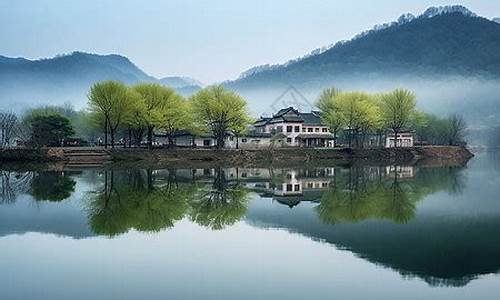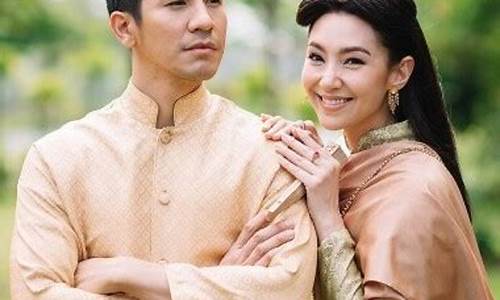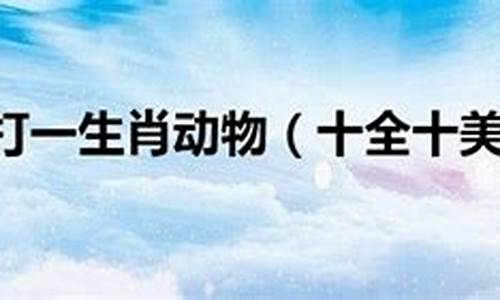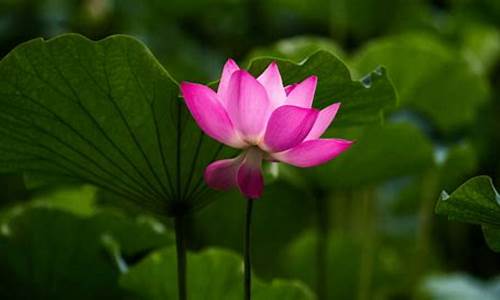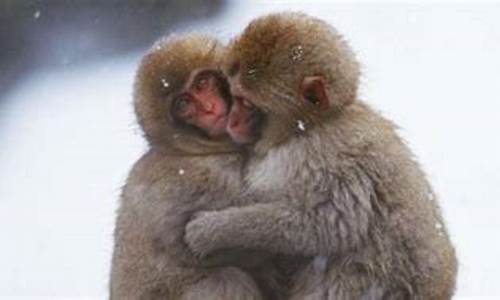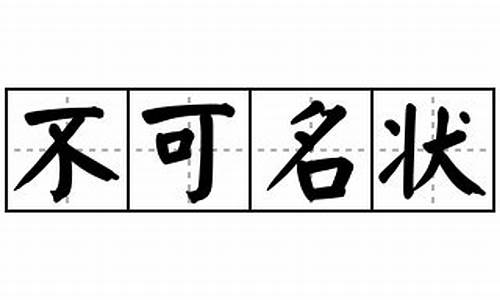您现在的位置是: 首页 > 成语分类 成语分类
元宵节灯谜英语版-元宵灯谜 英语
tamoadmin 2024-11-03 人已围观
简介元宵节的英文资料 mall dumpling balls made of glutinous rice flour. We call these balls Yuanxiao or Tangyuan. Obviously, they get the name from the festival itself. It is said that the custom of eating Yuanxia

元宵节的英文资料
mall dumpling balls made of glutinous rice flour. We call these balls Yuanxiao or Tangyuan. Obviously, they get the name from the festival itself. It is said that the custom of eating Yuanxiao originated during the Eastern Jin Dynasty in the fourth centuty, then became popular during the Tang and Song periods.
The fillings inside the dumplings or Yuansiao are either sweet or salty. Sweet fillings are made of sugar, Walnuts(胡桃), sesame, osmanthus flowers(桂花), rose petals, sweetened tangerine peel, bean paste, or jujube paste(枣泥). A single ingredient or any netbination can be used as the filling . The salty variety is filled with minced meat, vegetables or a mixture.
The way to make Yuanxiao also varies between northern and southern China. The usual method followed in southern provinces is to shape the dough of rice flour into balls, make a hole, insert the filling, then close the hole and smooth out the dumpling by rolling it between your hands. In North China, swe
元宵节的中文资料
每年农历的正月十五日,春节刚过,迎来的就是中国的传统节日--元宵节。
正月是农历的元月,古人称夜为“宵”,所以称正月十五为元宵节。正月十五日是一年中第一个月圆之夜,也是一元复始,大地回春的夜晚,人们对此加以庆祝,也是庆贺新春的延续。元宵节又称为“上元节”。
按中国民间的传统,在这天上皓月高悬的夜晚,人们要点起彩灯万盏,以示庆贺。出门赏月、燃灯放焰、喜猜灯谜、共吃元宵,合家团聚、同庆佳节,其乐融融。
元宵节也称灯节,元宵燃灯的风俗起自汉朝,到了唐代,赏灯活动更加兴盛,皇宫里、街道上处处挂灯,还要建立高大的灯轮、灯楼和灯树,唐朝大诗人卢照邻曾在《十五夜观灯》中这样描述元宵节燃灯的盛况“接汉疑星落,依楼似月悬。”
宋代更重视元宵节,赏灯活动更加热闹,赏灯活动要进行5天,灯的样式也更丰富。明代要连续赏灯10天,这是中国最长的灯节了。清代赏灯活动虽然只有3天,但是赏灯活动规模很大,盛况空前,除燃灯之外,还放烟花助兴。
“猜灯谜”又叫“打灯谜”,是元宵节后增的一项活动,出现在宋朝。南宋时,首都临安每逢元宵节时制迷,猜谜的人众多。开始时是好事者把谜语写在纸条上,贴在五光十色的彩灯上供人猜。因为谜语能启迪智慧又饶有兴趣,所以流传过程中深受社会各阶层的欢迎。
民间过元宵节吃元宵的习俗。元宵由糯米制成,或实心,或带馅。馅有豆沙、白糖、山楂、各类果料等,食用时煮、煎、蒸、炸皆可。起初,人们把这种食物叫“浮圆子”,后来又叫“汤团”或“汤圆”,这些名称“团圆”字音相近,取团圆之意,象征全家人团团圆圆,和睦幸福,人们也以此怀念离别的亲人,寄托了对未来生活的美好愿望。
一些地方的元宵节还有“走百病”的习俗,又称“烤百病”“散百病”,参与者多为妇女,他们结伴而行或走墙边,或过桥,走郊外,目的是驱病除灾。
随着时间的推移,元宵节的活动越来越多,不少地方节庆时增加了耍龙灯、耍狮子、踩高跷、划旱船扭秧歌、打太平鼓等传统民俗表演。这个传承已有两千多年的传统节日,不仅盛行于海峡两岸,就是在海外华人的聚居区也年年欢庆不衰。
The Festival of Lanterns takes place at the end of the Chinese New Year Celebration, on the fifteenth day of the first moon. Lanterns have been part of Chinese life for centuries so it's not surprising to see a festival of lanterns.
People usually hang lanterns in the gardens, outside the houses, and on the boats. These lanterns are signposts to guide guests and spirits of ancestors to the Lunar celebration. After a sumptuous fifteen-day feast, these lanterns light the way for the spirits back to the world beyond.
Silk, paper and plastic lanterns vary in shape and size and are usually multi-colored. Some are in the shapes of butterflies, birds, flowers, and boats. Other are shaped like dragon, fruit and animal symbols of that year. The most popular type of lantern is the "horse-racing" one, in which figures or animals rotate around the vertical axis of the lantern.
The special food for the Lantern Festival is Yuen Sin or Tong Yuen. These are round dumplings made with sticky rice flour. They can be filled and served as a sweet snack or made plain and cooked in a soup with vegetables, meat and dried shrimp. The round shape of the dumpling is a symbol of wholeness, completeness and unity.
The Lantern Festival is an occasion for families to get together and for everyone--young, old, rich and poor to have fun.
翻译如下:
年底举行的中国新年庆祝活动,在正月15月的这一天. 灯笼一直是几个世纪以来中国人的节日,所以没什么吃惊.
人们通常灯笼挂在花园外面的房子、船上. 这些指示标志灯的客人,是祖先的新年庆祝活动. 15点后两天大餐,这些灯照亮了回神后的世界.
丝绸、造纸、塑料灯笼形状和大小各不相同,通常多彩. 有蝴蝶形的、鸟、花、船. 其他都像龙、水果和动物的象征,一年. 最受欢迎的是一种花灯 " 赛马 " 一、人物、动物,轮流在各地纵轴的花灯.
特别是粮食的元宵圆善或汤圆. 这些都是用与糯米粉圆、甜零食熟了汤,蔬菜、肉、虾米来填补。圆圆的形状,是象征团圆的整体性、完整性和团结.
元宵是和家人团聚的机会,使每一个人--青年人、老年人,不论贫富,都好好享受这个节日
Idioms of lantern riddles on the 15th day of the first month。
元宵节是中国的传统节日,元宵节俗的形成有一个较长的过程,据一般的资料与民俗传说,正月十五在西汉已经受到重视,汉武帝正月“上辛夜”在甘泉宫祭祀“太一”的活动,被后人视作正月十五祭祀天神的先声(《史记·乐书》:“汉家常以正月上辛祠太一甘泉,以昏时夜祠,到明而终”)。东汉佛教文化的传入,对于形成元宵节俗有着重要的推动意义。
汉明帝永平年间,汉明帝为了弘扬佛法,下令正月十五夜在宫中和寺院“燃灯表佛”。因此正月十五夜燃灯的习俗随着佛教文化影响的扩大及后来道教文化的加入逐渐在中国扩展开来。南北朝时,元宵张灯渐成风气。梁武帝笃信佛教,其宫中正月十五日大张灯火。
唐朝时,中外文化交流更为密切,佛教大兴,仕官百姓普遍在正月十五这一天“燃灯供佛”,佛家灯火于是遍布民间。从唐代起,元宵张灯即成为法定之事,并逐渐成为民间习俗。
农历正月十五是元宵节,又称上元节、元夜、灯节。正月是农历的元月,古人称夜为“宵”,所以称正月十五为“元宵节”。当随着社会和时代的变迁,元宵节的风俗习惯早已有了较大的变化,但至今仍是中国民间传统节日。
元宵在早期节庆形成过程之时,只称正月十五日、正月半或月望,隋以后称元夕或元夜。唐初受了道教的影响,又称上元,唐末才偶称元宵。但自宋以后也称灯夕。到了清朝,就另称灯节。在国外,元宵也以The Lantern Festival而为人所知。正月十五这一天晚上,中国人素有赏花灯、吃汤圆、猜灯谜、放烟花等一系列传统民俗活动。
翻译是在准确(信)、通顺(达)、优美(雅)的基础上,把一种语言信息转变成另一种语言信息的行为。翻译是将一种相对陌生的表达方式,转换成相对熟悉的表达方式的过程。其内容有语言、文字、图形、符号和视频翻译。
其中,在甲语和乙语中,“翻”是指的这两种语言的转换,即先把一句甲语转换为一句乙语,然后再把一句乙语转换为甲语;“译”是指这两种语言转换的过程,把甲语转换成乙语,在译成当地语言文字的过程中,进而明白乙语的含义。二者构成了一般意义上的翻译,让更多人了解其他语言的含义。
上一篇:成何体统全文百度云-成何体统
